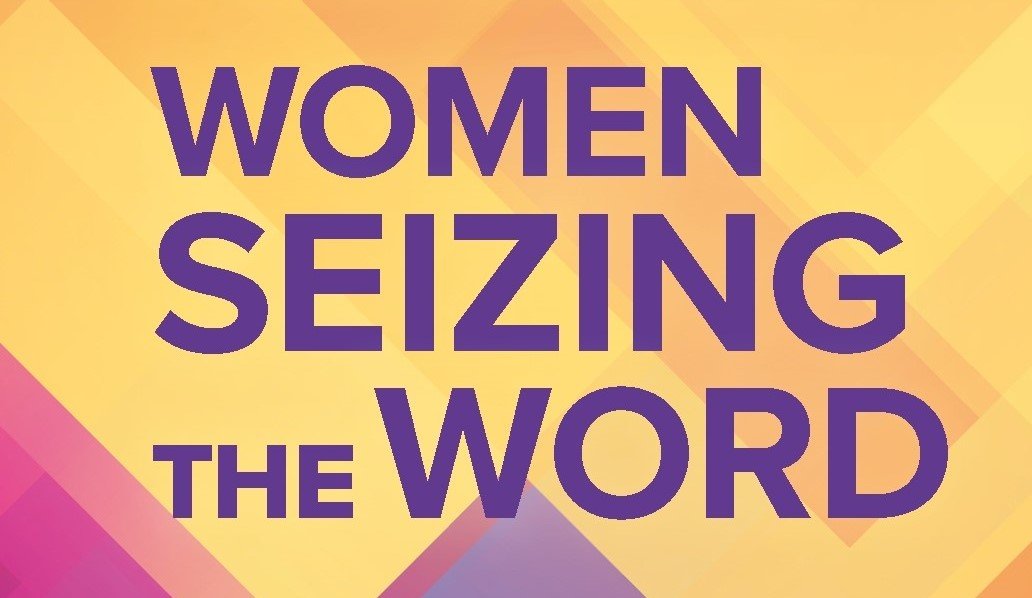Women Seizing the Word: The Participation of Women Writers in Ecuador, Guatemala, Honduras, Mexico, and Nicaragua
11 April: PEN International, VIDA: Women in Literary Arts (VIDA), and the United Nations Educational, Scientific, and Cultural Organization, (UNESCO), today release: Women Seizing the World, The Participation of Women Writers in Ecuador, Guatemala, Honduras, Mexico, and Nicaragua. This report was born out of a need to analyse and account for gender inequality within the literature, publishing, and journalistic sectors in said countries. The results are clear: today, women writers continue to be discriminated against because of their gender.
Download the report in Spanish
Download the Executive Summary in English
“Our hope is that the figures and stories represented here will not only expose deep seated patriarchy but bring true change. As the PEN Women’s Manifesto states: “Humanity is both wanting and bereft without the full and free expression of women’s creativity and knowledge.” Burhan Sönmez, President of PEN International and Jennifer Clement, President Emerita of PEN International.
The report Women Seizing the Word: The Participation of Women Writers in Ecuador, Guatemala, Honduras, Mexico, and Nicaragua, provides insights into the patterns of systemic discrimination which marginalise women, and remain deeply entrenched in both the publishing industry and the protocols of literary awards in five Latin American countries. Our preliminary research indicates that only 30% of writers in both the literary and journalistics sectors in the selected countries are women. Such unequal representation has detrimental impact to the careers of women writers, limiting their access to professional spaces and opportunities to develop their professions.
Women continue to be discriminated against because of their gender — in which other intersecting identities can aggravate the discrimination experienced. Our preliminary research suggests that cultural policies and practises within the publishing industry fail to promote and ensure equal participation — both in their design and intent.
Discriminatory practices across these five countries — including harassment, intimidation and abuse — in which women journalists, writers, as well as those in the publishing industry face specific risks and additional challenges because of their identity.
Nevertheless, the emerging generation of women writers and journalists are finding alternative means by which to make their voices heard. Social networks platforms such as Facebook and Twitter, virtual resources such as Zoom, as well as cloud-based applications are increasingly host to self-published work. However, these are also increasingly host to a spectrum of online harms.
PEN International, VIDA and UNESCO call on governments, among others, to outline and implement the necessary measures to ensure that a gender-inclusive and diverse perspective is fully integrated within public cultural and publishing programmes. It calls on the States Parties to respect and guarantee the compliance with their international commitments as signatories to the Convention on the Elimination of All Forms of Discrimination against Women, the Convention against Discrimination in Education and the International Covenant on Economic, Social and Cultural Rights.
PEN International, VIDA and UNESCO also call on relevant media, cultural industries, and publishing houses to publicly acknowledge the importance of and promote the full and unhindered participation of women in these sectors.
For a full report, and a list of recommendations in Spanish click here.
PEN VIDA UNESCO Count
PEN VIDA count is a project by PEN International’s Women Writers Committee, established in 2018 with the goal of fostering gender equality in literature. It was inspired by PEN International Women’s Manifesto, a set of principles approved in 2017 during PEN International 83rd Congress in Lviv, Ukraine, which aim to protect free expression for women by combating and eliminating their silencing worldwide.
In 2020 PEN International partnered with UNESCO to create a pilot program, the PEN VIDA UNESCO Count, for five countries in Latin America: Mexico, Guatemala, Honduras, Ecuador and Nicaragua. This report is the result of this partnership.
The participation of UNESCO in this ambitious research is of great importance, not only because it aligns with the United Nations' 2030 Global Goals, but because since 1945 the organization has worked to promote gender equality as well as the rights and autonomy of women.
This report is possible thanks to the support of the 2020-2021 Participation Programme that UNESCO granted to the PEN International and its Civil Society Programmes, as funded by SIDA, which has enabled greater collaboration between PEN International and PEN Centers in Chiapas, México; Ecuador, Guatemala, Honduras and Nicaragua.
Notes to editors
For further information, please contact Alicia Quiñones, Americas Programme Coordinator, at PEN International, [email protected] and Sabrina Tucci, Communications and Campaigns Manager, [email protected] |Twitter: @pen_int |
Facebook: www.facebook.com/peninternational| www.pen-international.org

